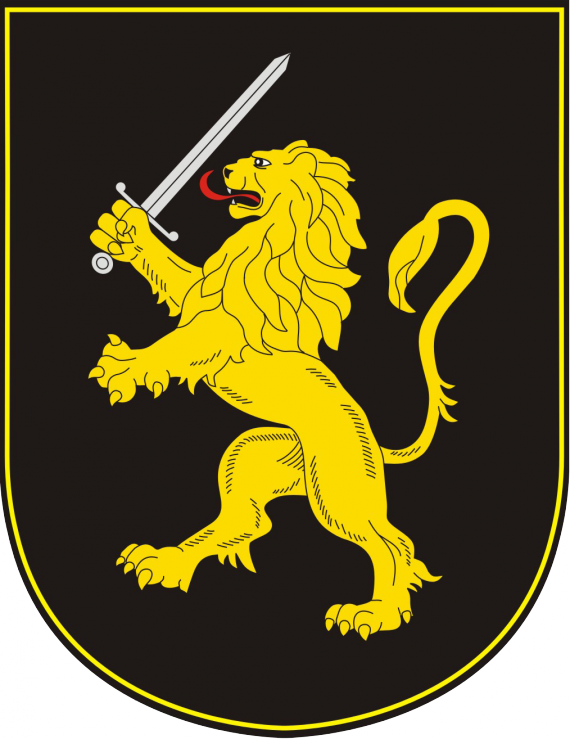Brief History of the National Police
The social, political, economic, and cultural changes that took place at the end of the 1980s in the Republic of Moldova profoundly influenced the activities of public order and law enforcement agencies.
As a result of the discreditation of the militia, the term "militia" became increasingly contested, and the trend to replace the name of public order enforcement bodies with "police" gained momentum.
After the declaration of the sovereignty of the Republic of Moldova on June 23, 1990, the process of establishing a national system in the field of internal affairs began.
Thus, on September 13, 1990, the Government of the Republic of Moldova adopted Decision No. 321 "On the reform of the Ministry of Internal Affairs bodies of the Moldavian SSR," which provided for the creation of the Police Department and district police departments. Consequently, the militia was replaced by the new internal affairs bodies – the Police.
On December 18, 1990, the Parliament of the Republic of Moldova adopted the Law on Police. Immediately after the approval of the law, a broad process of restructuring, modernization, and establishment of internal affairs bodies began, making the Police of the Republic of Moldova an institution based on democratic principles, serving the citizen, and intended to protect the fundamental values of society.
An important chapter in the history of the Moldovan Police is its participation in the armed conflict in Transnistria, one of the most challenging and bloodiest trials faced by the Moldovan Police, despite its primary duties of maintaining public order and ensuring the rule of law.
In this armed conflict, 89 police officers lost their lives in defense of the sovereignty and territorial integrity of the Republic of Moldova, demonstrating courage, bravery, and devotion.
Despite the complex socio-political situation and tensions in the region caused by the Transnistrian conflict, reforms within the internal affairs bodies continued.
Special attention was paid to improving the legislative framework, developing and submitting to Parliament and the Government a series of draft laws and regulations related to law enforcement activities. Simultaneously, the number of police officers was optimized (from 43.6 to 30.0 per 10,000 inhabitants), and some certified positions were replaced with civilian roles.
With the support of the Council of Europe, seminars on various topics were organized in line with the human rights protection program. At the same time, several Council of Europe experts assessed the human rights situation in police activities, detention conditions, and police ethics.
The need for Police reform was driven not only by the Republic of Moldova's aspirations for European integration but also by the urgent need to address the numerous problems identified in the functioning of the internal affairs system and police activity.
Thus, on December 27, 2012, a new law (No. 320) on Police activity and the status of police officers was approved, coming into force on March 5, 2013.
Under the new legal provisions, the Police were organized into the General Inspectorate of Police, specialized subdivisions, and territorial subdivisions tasked with protecting fundamental rights and freedoms through activities of maintaining, ensuring, and restoring public order and security, as well as preventing, investigating, and solving crimes and misdemeanors.
